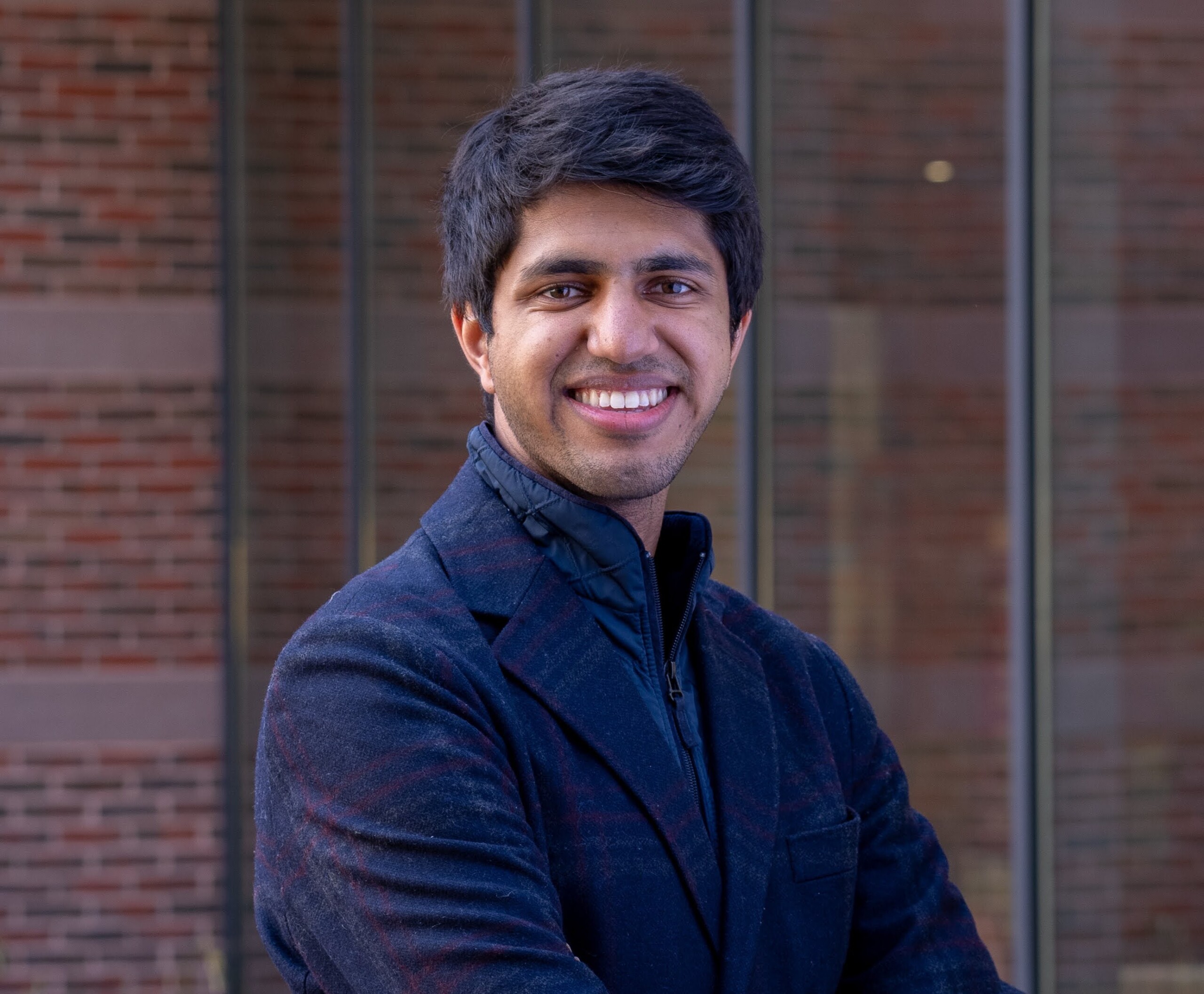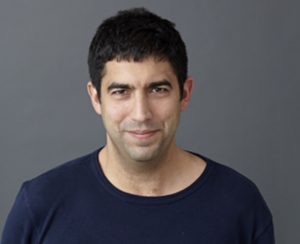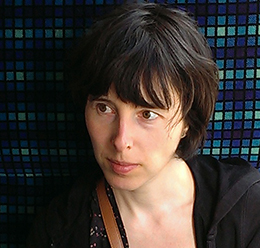Congratulations to all the winners and those highly commended in the MJA Awards 2023.
The winners were announced at the MJA Awards Ceremony tonight (September 13, 2023) at the Barber-Surgeons’ Hall, central London. Winners were joined by finalists, members, judges and sponsors to celebrate the very best in medical and health journalism.
NB: Links are provided to winners work where submitted as part of their entry
New Award: Student Journalist of the Year
Entrants were studying at a Higher Education institution in the UK or had been studying at the time the work entered was first publication or broadcast.
Nonyelum Anigbo
Masters of pharmacy student at Keele University
Healthcare Communications Matters: support BAME healthcare professionals
Noni considered how BAME healthcare professionals can be supported in the workplace to improve inclusivity and diversity. This piece was well researched and well written, intercut with videos and reports. It included astonishing statistics concerning the lack of representation of those of a black, Asian and minority ethnic background and illustrated how work being done to counter this could mean improved outcomes for patients. A thorough, far reaching, and compelling piece of journalism.
Newcomer of the Year
36 months or fewer in health/medical journalism

Simar Bajaj
Simar Bajaj
The Guardian: Should we ban the purchase of cigarettes for life? A US town is trying
Simar’s piece was particularly impressive because it presented a new perspective on an issue that has been comprehensively explored and researched countless times before. There was meticulous use of data, careful analysis of the devastating effects of tobacco on individuals and society and an incisive account of the complex nature of nicotine addiction.
Podcast of the Year
Nick Petrić Howe, Tulika Bose, Jeff DelViscio, Noah Baker, Melissa Nobles
Nature: Racism in health: the harms of biased medicine
Groundbreaking exposé that covers a huge amount of material including how racist 18th-Century notions still have a negative impact today, putting both clinicians and patients at risk. An incredibly important subject to cover with real and alarming revelations.
Freelance of the Year
Entrants submitted three pieces of work for judging
Rachael Pells
For her work published in the Daily Mail, Nature, and WIRED.com
Rachael Pells demonstrated a rare ability to span publications aimed at quite different audiences. She demonstrated great versatility, while maintaining a high standard of writing.
Mental Health Story of the Year — supported by Edelman
Seren Boyd
The Doctor: For Alastair’s sake
An in-depth look at the need for better mental health and workload support for GPs using sensitive and heartbreakingly raw interviews with the widow of Alastair Watt, a Consultant who took his own life. A well written and honest account.
The Dr David Delvin Award for sex and sexual health journalism — supported by Christine Webber
Hilary Freeman
Daily Telegraph: After my surgery, there was a time my wife said she was scared for her life
Sexual function is often neglected from cancer care discussions. The journalist handled the case study story with great sensitivity. This piece will raise awareness of the importance of caring for the ‘post-treatment’ cancer patient and breaking the silence to hopefully improve outcomes.e impact the piece had on NHS practice.
Feature of the Year (specialist audience)

Jaimie Kaffash
Winner: Rachel Carter, Jaimie Kaffash
Pulse: Lost Practices
A thorough, detailed, and well-crafted examination of an important social issue. It tackles a vital issue in medicine today. Well researched and constructed into a powerful narrative.

Peter Blackburn
Highly Commended: Peter Blackburn
The Doctor magazine/BMA website: A tale of one city
A moving insight into the vicious circular trap of poverty that highlights the human cost of economic policy. Starting from the perspective of one community, this feature explores all the key health issues created by austerity in Britain.
Feature of the Year (broadcast)
Sean Clare, Michele Paduano, Charlotte Rowles, Emily O’Sullivan, Jonathan Callery, David Grossman, Stewart Maclean, Becky Emmett
BBC Two: “It’s like the mafia” – Investigation in University Hospitals Birmingham
Rigorous and thorough journalism revealed serious shortcomings at an NHS trust. The findings – the high number of doctors referred to the GMC by the trust itself compared to other trusts and the failure of the trust to alert the GMC that one of those it reported was a whistleblower – had real impact and was well told.
Feature of the Year (general audience)

Chrissie Giles
Winner: Chrissie Giles, Rosa Furneaux, Laura Margottini
This journalist makes accessible what in other hands could be a complex and dry subject. Its strength lies in the fact that it brings together multiple threads and explains to its readers, in simple terms, the regulation of drugs, their import and export and what happens when things go wrong with supply chains. It is based on great investigative reporting, including interviews with many deeply concerned doctors and illustrated with a moving case history.
Highly Commended: Ben Spencer
The Sunday Times Magazine: The hunt for disease X
A high-readable and unalarmist look at the threat of unknown pathogens. A hugely well-researched piece and interviews with all the right sources. Comprehensive, measured and above all, interesting.
The Gordon McVie Award for reporting cancer research — supported by Roche

Tom Whipple
Tom Whipple
The Times: After centuries of cut, burn and poison, could a jab cure cancer?
This was a year when immunotherapy dominated the headlines, but in a crowded field this piece really stood out through the vibrancy of its writing and the quality of the journalism. It made use of a range of experts and told the story in an emotive way.
News Story of the Year (specialist audience)

Gareth Iacobucci
Gareth Iacobucci
The BMJ: Recorded violent incidents at GP clinics double in five years
This entry combined smart use of data to highlight the issue, with emotive testimonies that brought the story to life. Gareth’s reporting was an important contribution, highlighted the real-life consequences of the polarised and toxic debate around GP access.
News Story of the Year (broadcast)
Katie Goodman, Tessa Chapman, Christina Michaels, Devron Callender
Channel 5 News, ITN: Disabled parents
A powerful and persuasive piece of original journalism, meticulously researched and clearly presented with compelling case studies, who were given space and time to tell their stories. This important story was delivered with empathy and gravitas highlighting a long-neglected issue in a way that was balanced, respectful and authoritative.
News Story of the Year (general audience)
Andrew Gregory
The Guardian: Revealed: ‘disturbing’ race divide on cancer patients’ wait times in England
Hugely impactful, well written piece which lead the news agenda and exposed health inequalities in the health system, building on what was exposed during Covid. An often-neglected story.
Case Study of the Year
Richard Frediani, Claire Ryan, Sally Nugent, Liam Blyth, Sean Twamley, Ben Kay-Coles, Eloise Woods
BBC Two: Rob Burrow: living with MND
Powerful story of living with one of the most debilitating conditions. In a very competitive category the power and emotion this story generated was exceptional.
Science Explained supported by Yakult
Charlotte Stoddart, Jules Bartl, Nigel Manington, Yvonne Bordon
Animation produced by Dog & Rabbit
YouTube / nature.com: The mystery of the disappearing lymphocytes
Delightfully clear and beautifully engaging explanation of an important but notoriously complex subject, brought to life with brilliant visualisation and compelling narrative. Successfully informs a wide audience on a complex issue many might think too difficult to explain to a layperson.
Editor of the Year – supported by Virgo

Emily Morgan
Emily Morgan, Health and Science Editor, ITV News
Emily, whose career with the channel spanned more than two decades, died of lung cancer aged just 45 in May this year. She was nominated by her friend and colleague Louise Felton, ITV News specialist producer.
Three winning pieces submitted on her behalf by colleagues show a health editor at the top of her game in British broadcasting. They demonstrate exemplary reporting and a dexterous grasp of a complicated beat. She got to the heart of the story and knew how best to make sure viewers would understand the nuances.
With a compelling use of interviews across the health chessboard, she had an ability to achieve instant rapport driven by compassion and empathy.
Her clear analysis of complex health problems such as the vicious circle of the bed crisis in hospitals and social care delivered everything wrong about the healthcare system in the UK in just one package.
The award was accepted on Emily’s behalf by members of her immediate family who attended the ceremony.
Full list of all finalists MJA Awards 2023
Details of awards available in 2023 and entry rules and regulations






Recent Comments